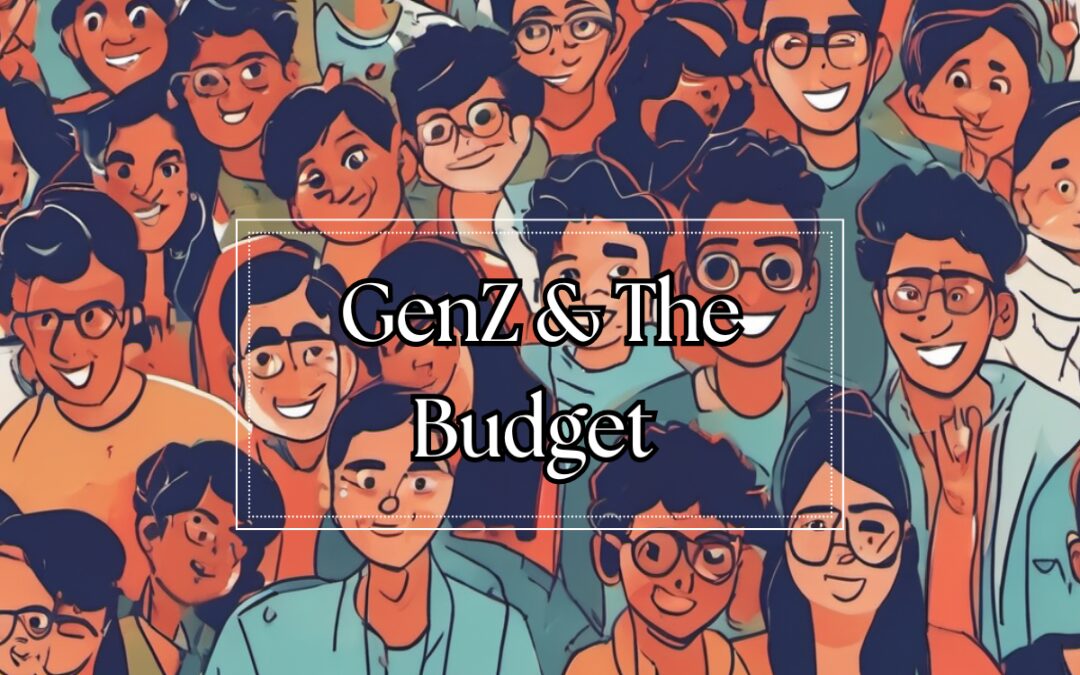-Suhani Prakash
Finance Minister Nirmala Sitharaman in the Union Budget 2024 proposed an ambitious youth internship programme to address the pressing issue of youth unemployment while offering valuable work experience.
“The government to launch a comprehensive scheme to provide internship opportunities in top 500 companies to one crore youths in five years,” said Nirmala Sitharaman in her Budget speech, the Finance Minister said.
Through the scheme, government plans to provide 1 crore youth internships under top 500 companies in the span of five years. 21-24 years old youth are eligible for this scheme, meaning this is specially designed for freshers and graduates of the country.
Amid this development, ETBFSI talked to some of the fresh graduates, or soon to be graduated candidates who are seeking internship opportunities, and understand their viewpoint on the government’s move.
‘Gives companies an opportunity to hire freshers at low cost’
Rahul Iyer, a student at Christ University, Bangalore said, “Bigshot companies are clearly going to misuse this scheme. Freshers in the current market are hired at a package of around 3-4 lakhs per annum on an average. This scheme gives companies an opportunity to hire freshers at 1- 1.5 lakhs per annum.”
“It’s a downgrade for talented individuals since they’ll also be paid a 15k stipend with no benefits rather than a 33k salary with health insurance and other privileges. The freshers will suffer at the end of the day,” he added.
Echoing with Rahul, Girish, alumnus of Symbiosis University, Pune said, “There was no mention of who is going to pay the stipend. The government cannot direct a private company to hire interns and pay them. It is not possible to execute this, because it is disrupting the market system altogether.”
He further added, “If the government is going to be responsible for selecting the candidates for these internships, what guarantee is there that the worthy youth is going to get that opportunity? Nepotism, referrals and other tactics will be hindrance in equal opportunity. If the government asks the companies to select the interns, that is a lot of cost and time for them. They may not want to bear the burden of a government scheme.”
Dhwani, another alumnus of Symbiosis University, commented on this scheme, “Since it is given on pretext to improve skills, it should not be a very short-term internship. It could also work very well for companies with very high attrition rates. Companies may hire interns for a year for a fraction of the cost of a regular employee, who usually leaves after a year while the training for both remains the same.”
Need for a regulatory scheme
Anushka Dwivedi, Intern at a health product company in New Delhi said, “The companies extract labour out of students and interns when it is unpaid. Policies surrounding minimum pay should have established a duration benchmark and should have been like a regulatory scheme to manage the students who are working relentlessly in unpaid internships. That should have been the priority.”
Sahana Valsang, student at Gokhale Institute, Pune said “The mandate of hiring 3000 interns is higher as the big companies will not be ready to spend so much time, energy and cost into their training.”
“This will only work out if companies stop hiring fresher graduates and only focus on hiring interns, because training so many people at once will not be practically possible for them,” she said.











